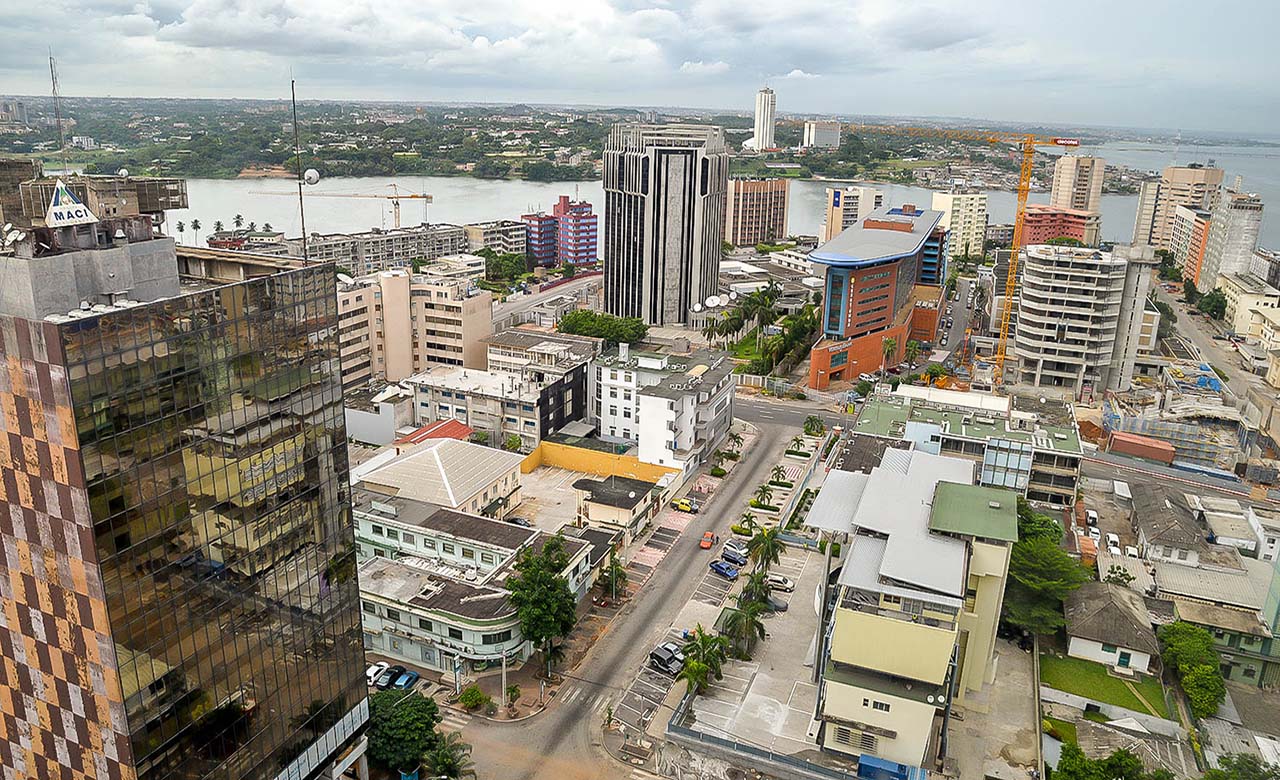Dar es Salaam. Africa’s start-up ecosystem roared back into life last month. Start-ups across the continent secured $343 million from investment deals exceeding $100,000 in what is now being described as the second-highest April funding month ever recorded — eclipsed only by the boom of April 2022.
Yet, amid this continental comeback, Tanzania was nowhere to be found.
According to a comprehensive analysis by Africa: The Big Deal, a platform that tracks start-up investments on the continent, at least 225 unique venture capital (VC) investors participated in funding African start-ups between January and April 2025.
These investors contributed to $803 million raised by 163 ventures, marking a 43 percent jump from the same period last year. Notably, the data excludes exits, and only includes deals of $100,000 or more.
Still, Tanzania was not among the 39 African start-ups that closed such deals in April.
In contrast, countries like Egypt, Nigeria, Kenya, and South Africa dominated the scene, attracting both local and foreign capital to fuel innovations in fintech, healthtech, and infrastructure.
“There is growing interest in Africa from VC funds, but without visibility, structured innovation pipelines, and strong support mechanisms, countries like Tanzania risk being left behind,” said Tembo Plus founder Victor Joseph.
He added: “I wonder what we’re missing. It’s frustrating because we know we have the talent, but the connections and polish needed to attract serious funding often elude us.”
His concerns are echoed by venture capital research firms such as Briter Bridges and Partech Africa, whose own datasets for 2024 and Q1 of 2025 similarly show no Tanzanian representation in major pan-African tech funding rounds.
April’s funding boom was not accidental. South African healthtech firm hearX secured $100 million in a cross-continental merger with US-based Eargo.
Egyptian fintech Bokra raised $59 million through a sukuk issuance — a rare feat for a start-up just a year past its $4.6 million pre-seed round. And fintech infrastructure company, Stitch, also from South Africa, received $55 million in additional funding from its existing investors.
These deals reflect the increasing ambition and execution capacity of Africa’s most investable ventures.
By contrast, many stakeholders argue that the Tanzania’s local start-up ecosystem is simply not ready to absorb the scale of venture capital flowing into the continent.
Others say the entrepreneurs are ready, but the enabling infrastructure — from government regulation to local investor appetite — is holding back momentum.
VC funds such as LoftyInc Capital, Janngo Capital, Saviu Ventures, and Verod-Kepple Africa Ventures, all of which raised new funding tranches in late 2024 and early 2025, have expressed interest in expanding beyond the ‘usual markets’ to invest in overlooked ecosystems.
However, insiders confirm that Tanzania has yet to register significant visibility in any of their current deal pipelines.
The ‘new normal’ for African start-up funding is a stabilised investment range between $2 billion and $2.4 billion annually — a 60 percent rise from pre-pandemic levels. Investors are no longer throwing cash at hype.
They are now more strategic, focused on traction, governance, and growth potential. Countries like Nigeria have successfully positioned themselves as “investment-ready”, not only through regulation but by building layered support ecosystems: accelerators, angel networks, exit opportunities, and a strong tech-savvy diaspora.
In Tanzania, however, the challenges persist. “There’s talent here. But local start-ups don’t always know how to structure their businesses to appeal to VCs. And our funding culture still leans too heavily on grants and competitions,” said Smart Africa Group (SAG) CEO Edwin Bruno.
He continued: “Startups here rely too much on donor grants, which don’t build sustainability or prepare them for VC-level expectations. We need a mindset shift — from survival to scale.”
While there has been movement — such as ongoing efforts by the Tanzania Investment Centre (TIC) and Tanzania Startup Association (TSA) to promote innovation — most of these initiatives are not yet translating into large-scale funding traction.
Moreover, Tanzania lacks a pipeline of high-profile start-up exits — a key signal for VCs scouting for return-worthy ventures.












